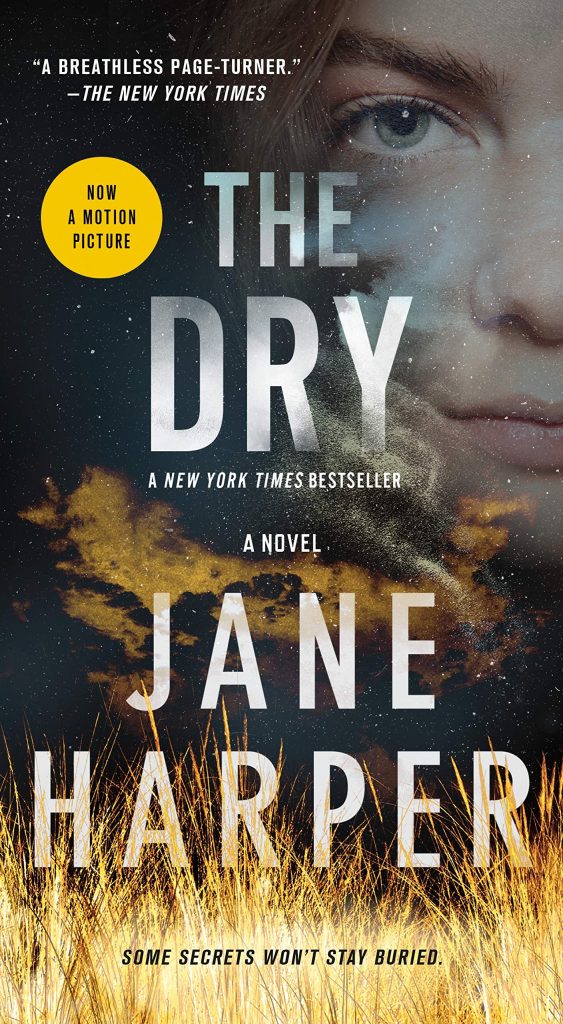
The first of Harper’s Australian mysteries in which Detective Aaron Falk is the lead investigator, and Australia’s harsh environment plays a main character. The fictional communityo of Kiawarra is suffering through its second year of devastating drought putting everyone in the small farming town on the edge of despair and rage. Day after day the unrelenting heat has parched grazing lands, dried up rivers, and brought the day of financial reckoning with destitution a little closer. Luke Hadler’s wife and son are inexplicably found shot dead in their home, until Luke is found apparently having committed suicide in the back of his truck a few miles off. Luke is the obvious suspect in a the combined murder-suicide.
The crackling dryness of brush and tinder feel ready to explode into fire; the personalities of neighbors who have known one another and one another’s parents since pre-school spark with equal veracity. Most notably the conservative bullies and blusterers who have had their way with sheep and with the sheepish since their successful roles as taunters and bruisers in the classroom, remain frightening to any of us who have ever been pushed about. There is something about an Australian farmer in a rural community whose refusal to buckle to authority, and whose bellicosity drowns out other emotions, that feels rather close to home and rather global at the moment. The question of who really killed the Hadlers is plenty engaging, but the atmospherics are what helped put Jane Adams on the world stage as a mystery writer.


